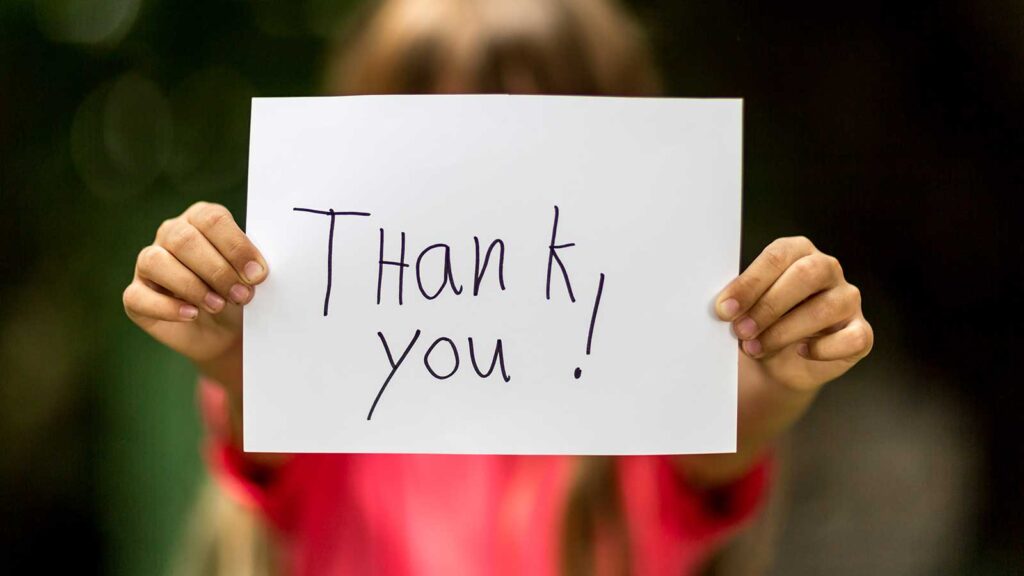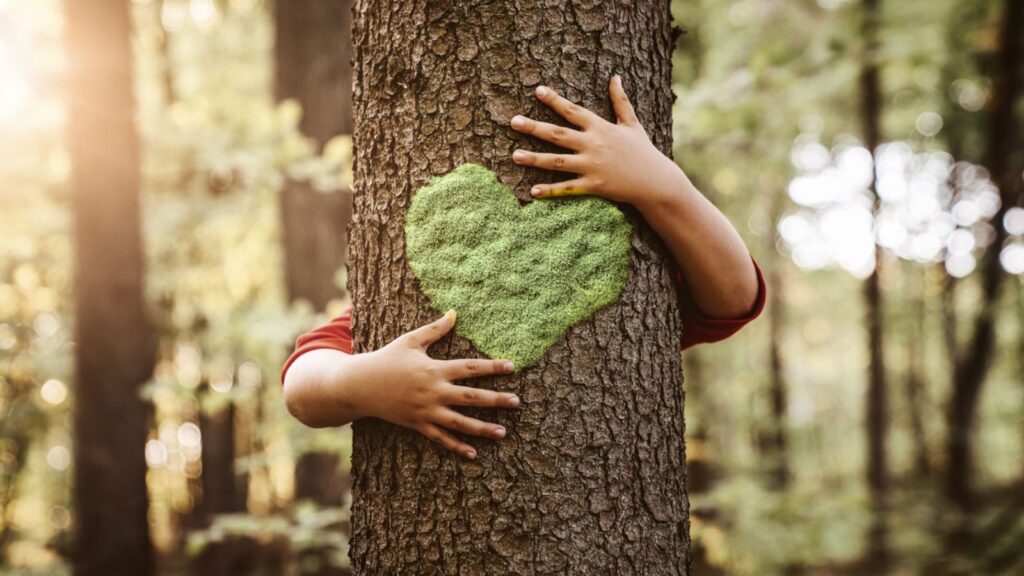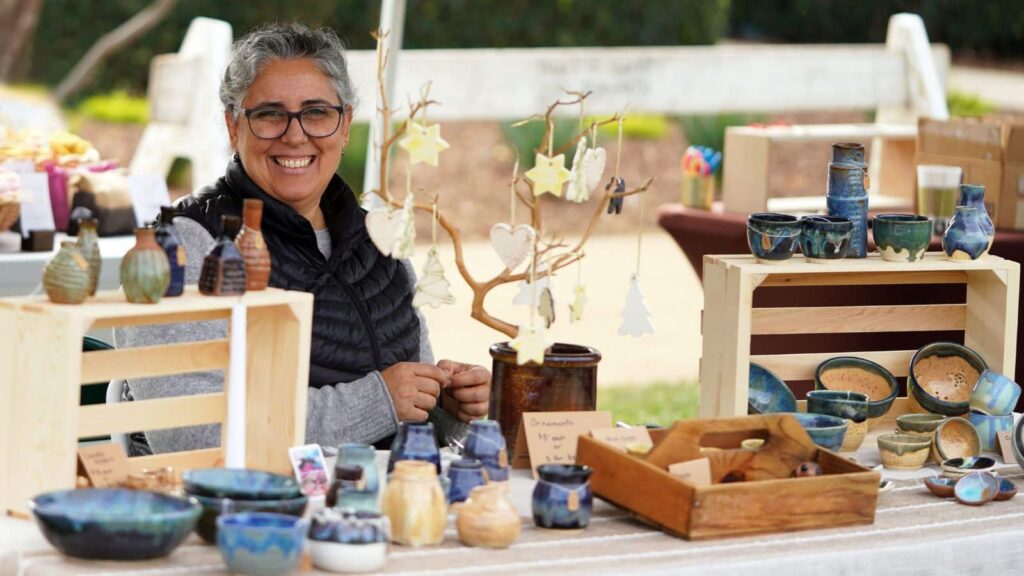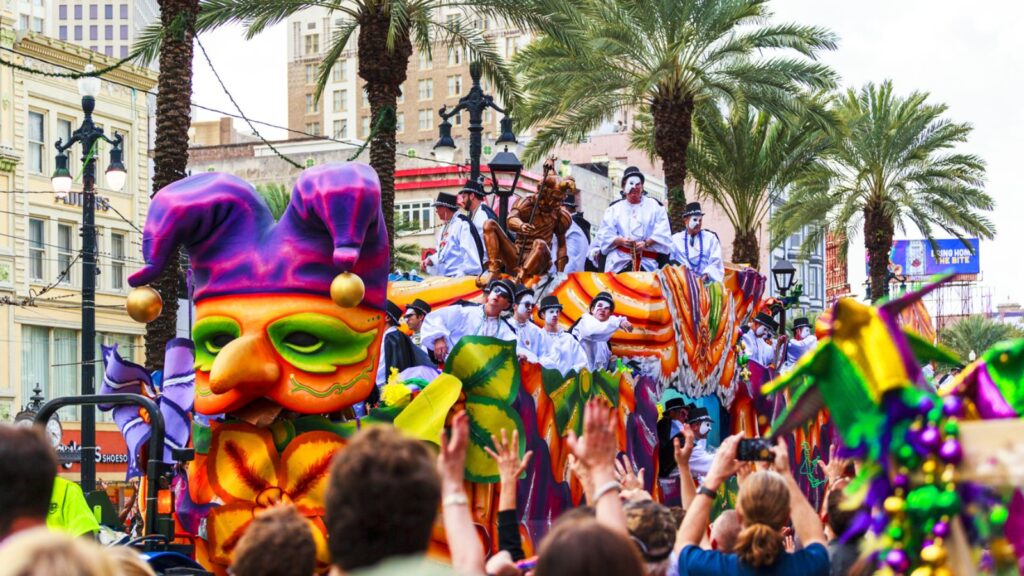It's funny how time changes things, isn't it? There are certain things that, not too long ago, were held in high regard and commanded a lot of respect. But nowadays, they seem to have lost their luster and aren't given the same kind of honor.
The Art of Handwriting

Remember the days when beautiful penmanship was a source of pride? Schools used to dedicate time to teaching cursive writing, and people would take care to craft perfect letters. Today, with keyboards and touchscreens taking over, the art of handwriting is becoming a lost skill. Typing has become more practical and efficient, leaving elegant handwriting as a nostalgic relic of the past.
Politeness to Strangers

There was a time when saying “please” and “thank you” to strangers was second nature, with politeness and courtesy ingrained in social interactions. Now, in our fast-paced world, such simple gestures can seem almost quaint. Many people rush through their days, often forgetting these small but meaningful signs of respect, with standards of politeness sliding in an age of instant communication.
Formal Attire

Dressing up used to be a sign of respect for both oneself and others. Whether attending church, dining out, or even traveling, people would put on their best clothes. Nowadays, casual wear dominates most settings, where comfort has become the priority, and dressing formally is often reserved for special occasions only.
Respect for Elders

Throughout much of history, elders were revered for their wisdom and life experience. Younger generations would turn to them for guidance and advice. However, in the age of information where everything is an internet search away, the unique value of elderly wisdom is often underappreciated, with widening divides between the generations on issues of politics and ethics.
Books

Books, those timeless vessels of knowledge and stories, used to be treasured possessions. People would spend hours in libraries and bookstores, savoring the smell of paper and ink and thinking carefully over what, for many, was a luxury purchase. With the rise of digital media, physical books are becoming less common. E-books and audiobooks provide convenience, but the tactile experience of a real book is often missed.
Traditional Manners

Etiquette rules, like not putting elbows on the table or writing thank you notes, were once strictly followed. Such manners were seen as marks of good upbringing, the inverse a sign of poor stock. Today, traditional etiquette practices are often considered outdated. The informal nature of modern communication has reshaped what is considered polite.
Landline Phones

Not too long ago, landline phones were a staple in every household. They were a central part of daily life, used for everything from long conversations with friends to important business calls. Now, with the ubiquity of mobile phones, landlines are becoming obsolete, meaning many younger people have never even used one.
Neat Handwritten Letters

The excitement of receiving a handwritten letter in the mail used to be a common joy. Writing letters was a thoughtful way to communicate, and each piece was unique. Email and instant messaging have largely replaced this practice, leaving the personal touch of a handwritten note as something rare and special in today's world.
Respect for Nature

There was a time when people felt a deep respect for the natural world. Communities would come together to protect local wildlife and natural resources, often completing rituals and ceremonies surrounding its abundance. Contemporarily, despite increased awareness about environmental issues, the respect for nature can feel superficial. Convenience and economic growth often take precedence over ecological considerations.
Face-to-Face Conversations

In-person interactions were once the primary way people communicated. Conversations were rich with non-verbal cues and emotional nuance, with body language adding much of the deeper meanings to communication. Now, much of our communication happens through screens. Video calls, texts, and social media have their benefits, but they lack the depth of face-to-face exchanges.
Workplace Hierarchies

Respecting the chain of command in workplaces was once a given. Employees would address their superiors with formal titles and follow a strict hierarchy. Modern workplaces have become more egalitarian, with flatter structures and first-name bases becoming the norm. This shift can promote collaboration but sometimes blurs professional boundaries.
Customer Service

Quality customer service was once a key hallmark of good business. Store owners knew their regulars by name, and service with a smile was standard. Nowadays, automated systems and self-service options are prevalent, along with online, faceless shopping and service consumption. While these methods can be efficient, they lack the personal touch that once defined great customer service.
Respect for Privacy

Traditionally, privacy was a fundamental right that everyone respected. People would go to great lengths to protect their personal information. In today's digital age, privacy is often compromised in exchange for convenience. Social media oversharing and data tracking have made privacy a secondary concern for many.
Respect for Public Spaces

Public spaces such as parks, libraries, and community centers in many parts of the world have long been held as places to be respected. People took care to maintain cleanliness and order. Unfortunately, it's not uncommon now to see littering and vandalism, as the sense of communal responsibility has diminished in many areas.
Quality Craftsmanship

There was a time when products were built to last. Quality craftsmanship was respected, and items were often handmade with care. The modern preference for fast, cheap, and disposable goods has overshadowed this respect at a time when mass production and planned obsolescence have become the norm.
Phone Etiquette

Answering the phone politely and conversing with good manners used to be a baseline expectation. People would avoid using their phones in certain settings, like at the dinner table or during meetings. Today, phone etiquette has relaxed significantly with the normalization of mobile devices across society. It's common to see people engrossed in their screens in almost any situation, whether at work or a social gathering.
Respect for Authority

Authority figures, such as teachers, police officers, and community leaders, were once held in high esteem. Their roles commanded respect automatically. In contemporary society, respect for authority is often questioned, and trust must be earned. This shift reflects a more critical and sometimes skeptical public attitude, with more of the population being highly educated and with more freedom to speak out against leaders.
Tradition

Many traditions that once held deep cultural significance are fading. Festivities, rituals, and customs were passed down through generations, binding communities together. Now, globalization and the fast pace of life have led to the erosion of many traditional practices. While some traditions adapt and evolve, others are simply forgotten.
As society progresses, it's natural for some aspects of life to change or lose their previous importance. While we may not hold these 18 things in the same regard as we once did, understanding their historical significance can offer valuable perspective. It's a reminder that while the world moves forward, there are still lessons to be learned from the past.
30 Traditional Sayings That Are Now Considered Offensive by Woke Culture

30 Traditional Sayings That Are Now Considered Offensive by Woke Culture
21 Habits Often Associated With Having a Lower Social Status

21 Habits Often Associated With Having a Lower Social Status
25 Social Issues Gen Z are Determined to Cancel

